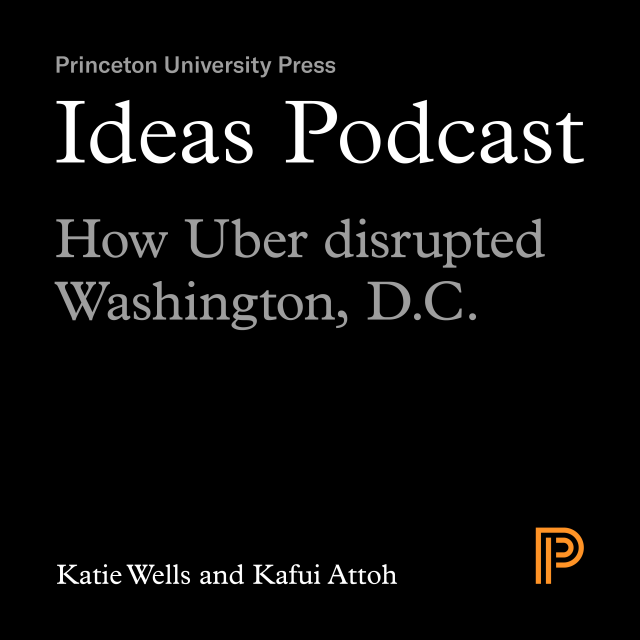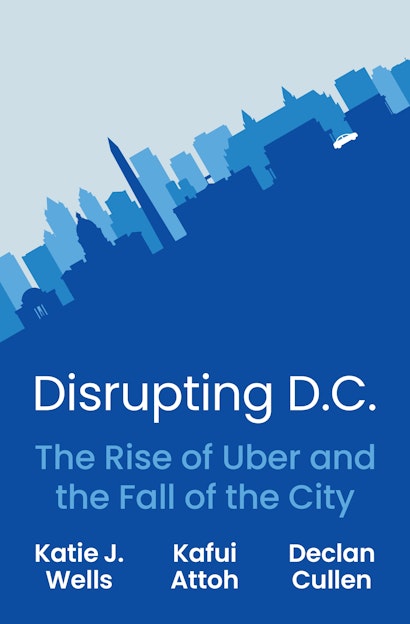The first city to fight back against Uber, Washington, D.C., was also the first city where such resistance was defeated. It was here that the company created a playbook for how to deal with intransigent regulators and to win in the realm of local politics. The city already serves as the nation’s capital. Now, D.C. is also the blueprint for how Uber conquered cities around the world—and explains why so many embraced the company with open arms.
Drawing on interviews with gig workers, policymakers, Uber lobbyists, and community organizers, Disrupting D.C. demonstrates that many share the blame for lowering the nation’s hopes and dreams for what its cities could be. In a sea of broken transit, underemployment, and racial polarization, Uber offered a lifeline. But at what cost?
This is not the story of one company and one city. Instead, Disrupting D.C. offers a 360-degree view of an urban America in crisis. Uber arrived promising a new future for workers, residents, policymakers, and others. Ultimately, Uber’s success and growth was never a sign of urban strength or innovation but a sign of urban weakness and low expectations about what city politics can achieve. Understanding why Uber rose reveals just how far the rest of us have fallen.
About the Authors
Katie J. Wells is a postdoctoral fellow at Georgetown University. Kafui Attoh is associate professor of urban studies at the School of Labor and Urban Studies at the City University of New York. Declan Cullen is assistant professor of geography at George Washington University.

